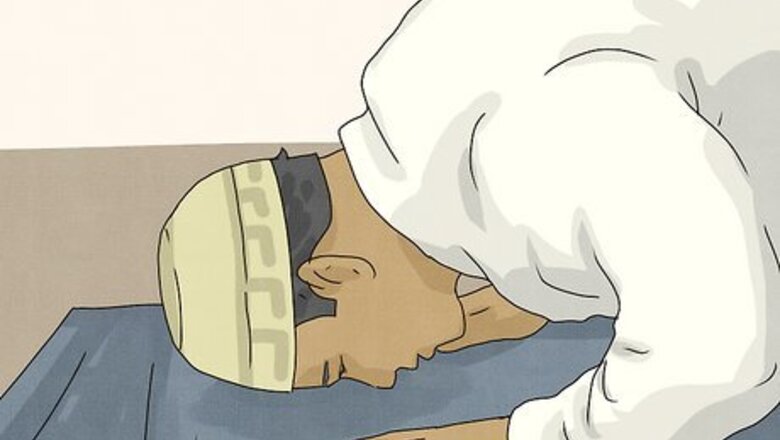
views
What is a Sunnah prayer?
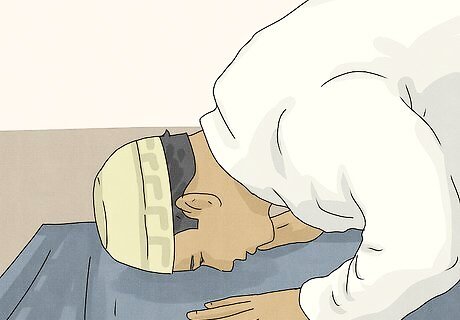
Sunnah prayers are prayers that are encouraged, but not mandatory. The major Sunnah prayers take place either before or after the Fard prayers, with additional ones taking place on other occasions. These prayers can be considered supererogatory, meaning that they go beyond what is required by the Islamic faith. The holy Qu’ran reminds us of the importance of prayer: “Verily, Salah restrains (oneself) from shameful and unjust deeds…" (Quran 29:45).
Why should you perform Sunnah prayers?

Perform Sunnah prayers to receive heavenly rewards. Although they are never obligatory, it is said that the Prophet Muhammad (PBUH) never missed these prayers. In Islam, prayer is said to be the act that is dearest to Allah. It is said that praying the Sunna prayers everyday is an act that will be rewarded greatly. Umm Habibah narrates: “The Prophet (ﷺ) said: If anyone prays in a day and a night twelve rak'ahs voluntarily (supererogatory prayer), a house will be built from him in Paradise on account of these (rak'ahs).” (Sunan Abi Dawud 1250)
Sunnah Prayers
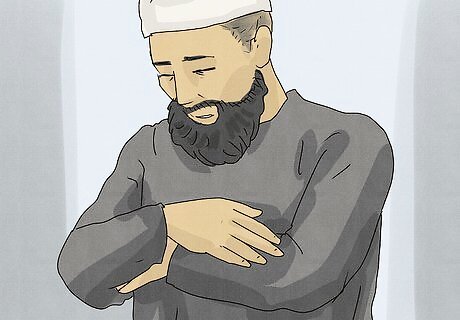
Sunnan al Rawatib These prayers are the most commonly performed of all Sunnah prayers. Incorporate Sunnah prayers while performing a rakat, or Muslim prayer unit. These Sunnah prayers are 12 additional rakat offered before or after the Fardh (mandatory) prayers. These 12 rakat are distributed as follows: 2 rakat immediately before Fajr (morning prayer) 4 rakat immediately before Zuhr (noon prayer), and 2 rakat immediately after 2 rakat immediately after Maghrib (sunset prayer) 2 rakat immediately after Isha (night prayer)
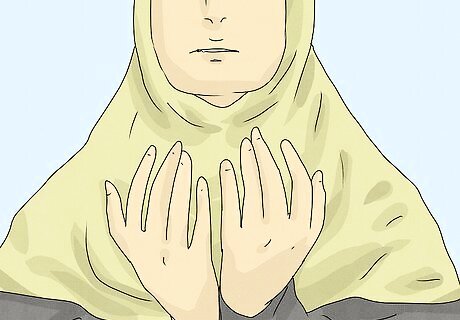
Witr Salat This prayer can be performed any time after Isha. Some scholars regard this prayer as mandatory, and not optional, although it is not as grave a sin to miss this prayer as it is to miss a Fard prayer. To pray Witr, you can perform any odd number of rakat, such as 3, 5, 7, or 9. 3 is the most common number of rakat performed. After performing Witr, it’s customary (but not obligatory), to offer the following dua, although you can substitute it with another if you prefer: “Allahumma ihdini feeman hadayt, wa a’fini fiman afait, wa tawallani fiman tawallait, wa barik Li fima atait, wa qini sharra ma qadait, fa Innaka taqdi wa la yuqda Alaik, wa innahu la yadhillu man walait, tabarakta Rabbana wa ta’alait.” Meaning: “O Allah guide me among those You have guided, pardon me among those You have pardoned, befriend me among those You have befriended, bless me in what You have granted, and save me from the evil that You decreed. Indeed You decree, and none can pass decree, and none can pass decree upon You, indeed he is not humiliated whom You have befriended, blessed are You our Lord and Exalted.”

Taraweeh During the holy month of Ramadan, Muslims gather to perform Taraweeh after Isha. The number of rakat performed for Taraweeh can be anywhere from 2 to 20, but it’s most commonly performed as 8 rakat. Although it’s common to perform this prayer with a group in a mosque, you can also pray taraweeh at home. Although Taraweeh is not mandatory, it is said that praying it with faith forgives all sins.
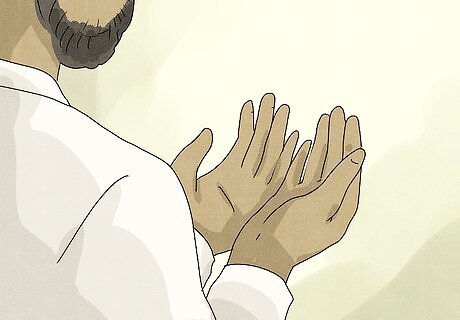
Duha This prayer is also known as Ishraq—performing this prayer is said to be a powerful good deed. Pray duha just after sunrise (about 15-20 minutes after the sun has past the horizon line). The minimum number of rakat is 2, but you can pray as many as you’d like, so long as it’s an even number.
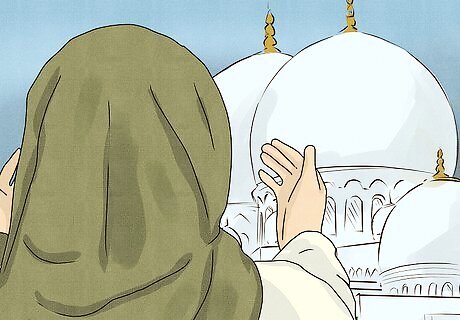
Tahiyyatul masjid This sunnah prayer is a greeting to any mosque that you enter. Before sitting down, perform 2 rakat. Abu Qatadah al-Sulami narrates that the Prophet (PBUH) said, “If one of you enters a Masjid, he should perform two rakat before sitting” (Sahih al-Bukhari, 444).
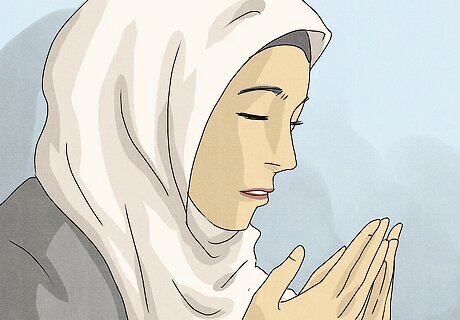
Istikhara This is a powerful Sunnah prayer that can be used whenever you’re facing a difficult decision. It’s often performed before sleep, but can be done at any time that prayer is permitted. To perform Istikikarah, do 2 rakat, then recite the Istikhara dua as follows: “Allâhumma inni astakhiruka bi ilmika wa astaqdiruka biqudratika wa as’aluka min fadlikal-azimi, fa innaka taqdiru walâ aqdiru wa ta’lamu walâ a’lamu wa anta allamul ghuyubi. Allâhumma in kunta ta’lamu anna hâdhal amra khayrun li fi dini wa ma-ashi wa aqibati amri faqdir-hu li wa yassir-hu li thumma barik li fihi wa in kunta ta’lamu anna hâdhal amra sharrun li fi dini wa maâshi wa aqibati amri fasrifhu anni wasrifni anhu waqdir liyal-khayra haythu kâna thumma ardini.” Meaning: “O Allah, verily I seek the better [of either choice] from You, by Your knowledge, and I seek ability from You, by Your power, and I ask You from Your immense bounty. For indeed You have power, and I am powerless; You have knowledge and I know not; You are the Knower of the unseen realms. O Allah, if You know that this matter is good for me with regard to my religion, my livelihood and the end of my affair then decree it for me, facilitate it for me, and grant me blessing in it. And if You know that this matter is not good for me with regard to my religion, my livelihood and the end of my affair then turn it away from me and me from it; and decree for me better than it, wherever it may be, and make me content with it.”
















Comments
0 comment